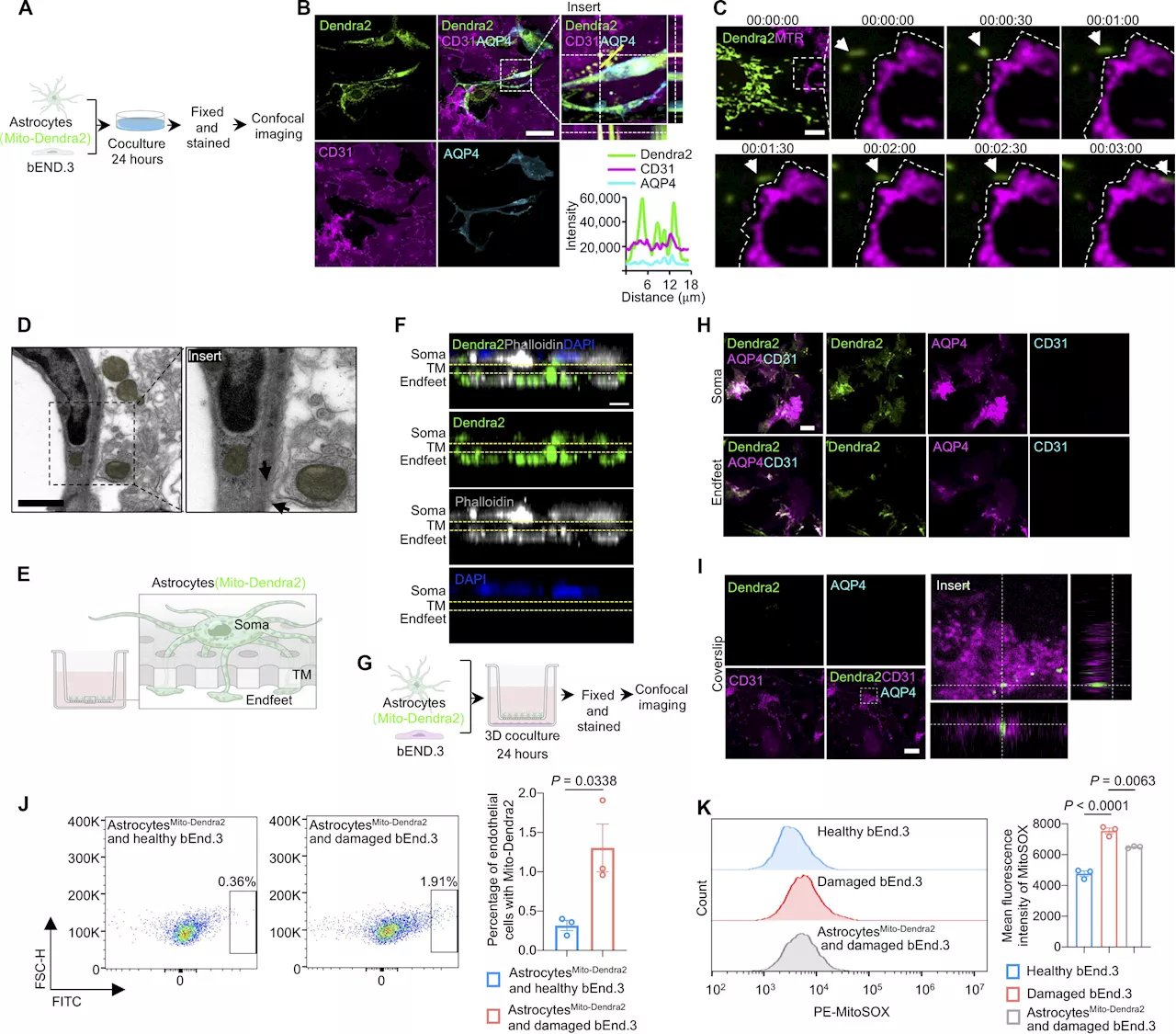Researchers at the Perron Institute and The University of Western Australia have discovered a new set of cells that can protect blood vessel structure in the central nervous system (CNS) known as the blood-brain barrier. Their findings have been published in the journal Science Advances.
Scientists discover a new set of cells that control the blood-brain barrier retrieved 1 July 2024 from https://medicalxpress.com/news/2024-07-scientists-cells-blood-brain-barrier.html
This document is subject to copyright. Apart from any fair dealing for the purpose of private study or research, no part may be reproduced without the written permission. The content is provided for information purposes only.May 1, 2024Use this form if you have come across a typo, inaccuracy or would like to send an edit request for the content on this page. For general inquiries, please use ourThank you for taking time to provide your feedback to the editors.
Your feedback is important to us. However, we do not guarantee individual replies due to the high volume of messages.to let the recipient know who sent the email. Neither your address nor the recipient's address will be used for any other purpose. The information you enter will appear in your e-mail message and is not retained by Medical Xpress in any form.Get weekly and/or daily updates delivered to your inbox.
Medicine Research Health Research News Health Research Health Science Medicine Science
Canada Latest News, Canada Headlines
Similar News:You can also read news stories similar to this one that we have collected from other news sources.
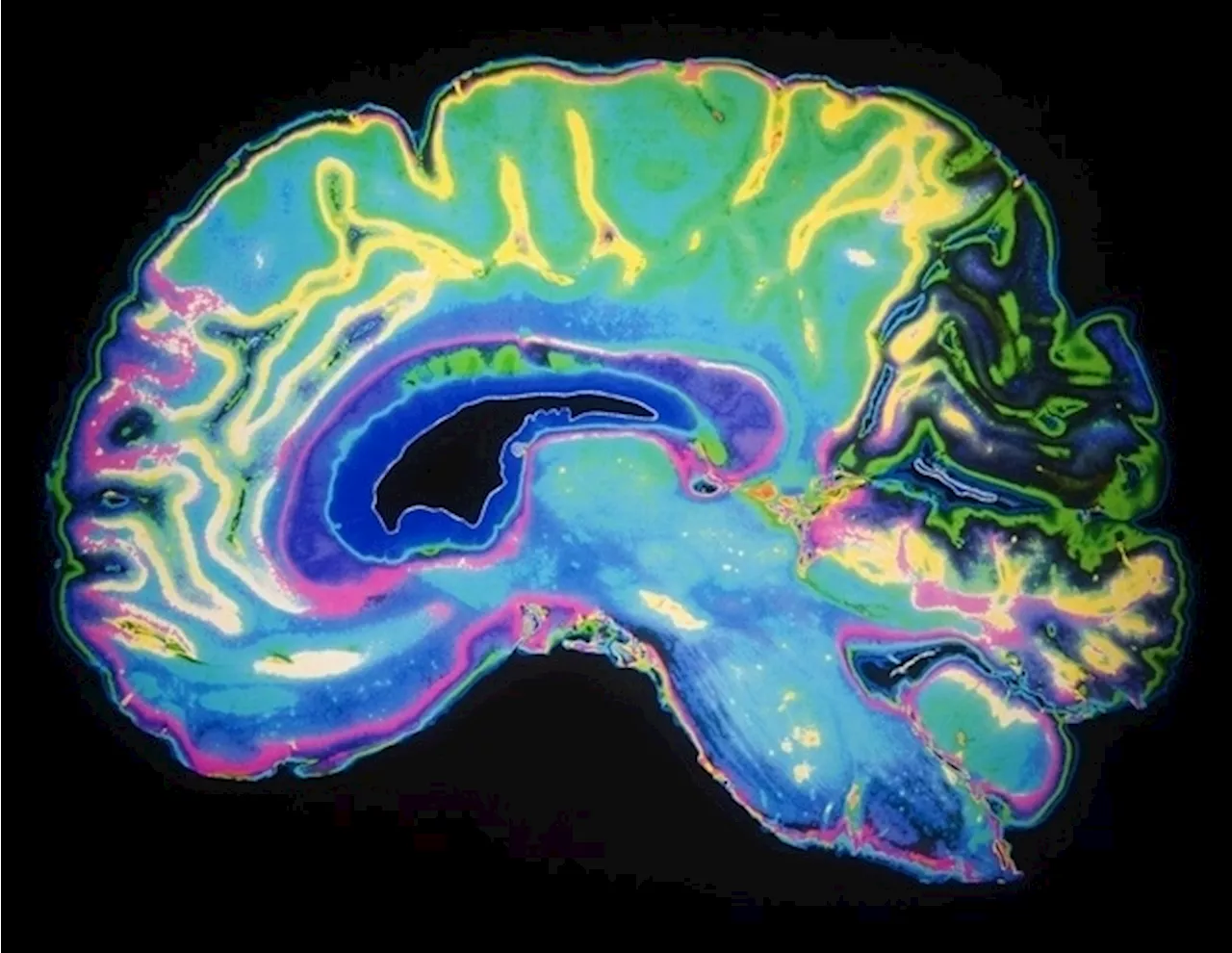 Researchers uncover molecular signatures of blood-brain barrier dysfunction in Alzheimer's diseaseThe blood-brain barrier -; a network of blood vessels and tissues that nurtures and protects the brain from harmful substances circulating in the blood -; is disrupted in Alzheimer's disease.
Researchers uncover molecular signatures of blood-brain barrier dysfunction in Alzheimer's diseaseThe blood-brain barrier -; a network of blood vessels and tissues that nurtures and protects the brain from harmful substances circulating in the blood -; is disrupted in Alzheimer's disease.
Read more »
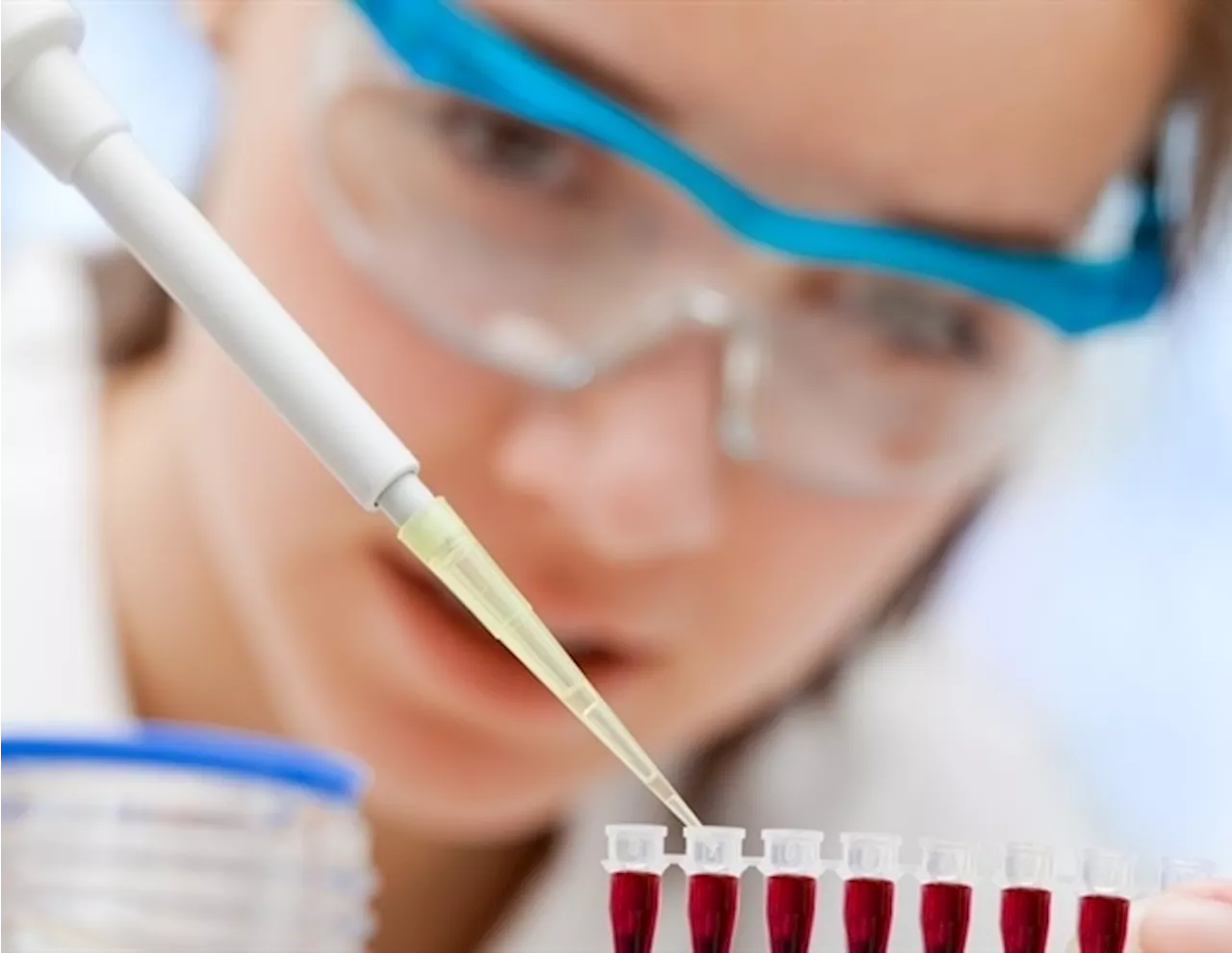 Researchers develop advanced method to analyze liquid biopsies of DNA fragments in the bloodOncologists use biopsy and imaging techniques to diagnose and monitor tumor diseases and assess treatment success.
Researchers develop advanced method to analyze liquid biopsies of DNA fragments in the bloodOncologists use biopsy and imaging techniques to diagnose and monitor tumor diseases and assess treatment success.
Read more »
 Researchers say AI blood test provides a reliable way to identify lung cancerUsing artificial intelligence technology to identify patterns of DNA fragments associated with lung cancer, researchers from the Johns Hopkins Kimmel Cancer Center and other institutions have developed and validated a liquid biopsy that may help identify lung cancer earlier.
Researchers say AI blood test provides a reliable way to identify lung cancerUsing artificial intelligence technology to identify patterns of DNA fragments associated with lung cancer, researchers from the Johns Hopkins Kimmel Cancer Center and other institutions have developed and validated a liquid biopsy that may help identify lung cancer earlier.
Read more »
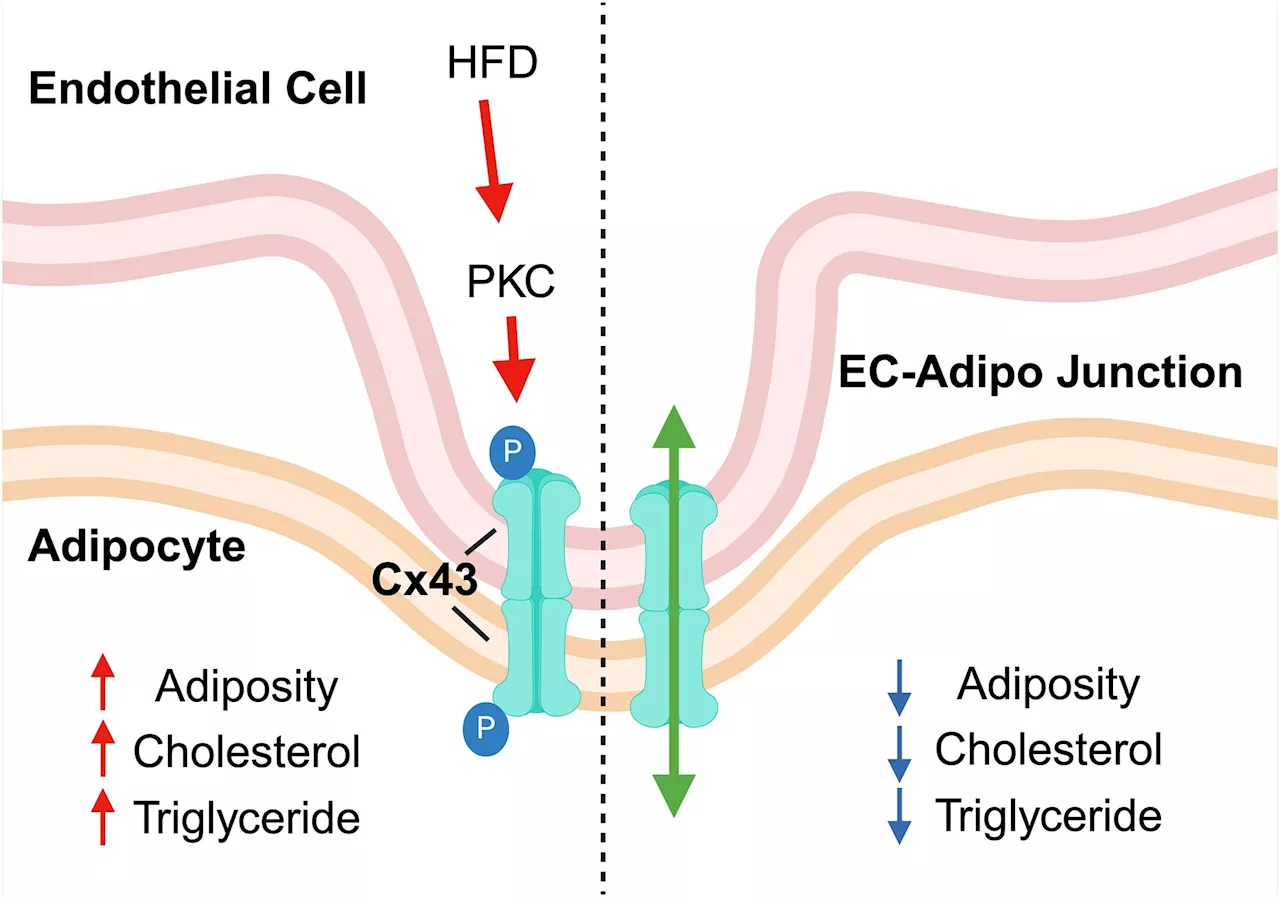 Researchers ID potential cause behind the blood vessel dysfunction in obesityObesity is a metabolic disorder tied to endothelial dysfunction and increased risk of cardiovascular disease. A recent study, published in the journal Function, investigated the mechanisms responsible for lipid transport and storage interaction with body fat and its impact on metabolic function.
Researchers ID potential cause behind the blood vessel dysfunction in obesityObesity is a metabolic disorder tied to endothelial dysfunction and increased risk of cardiovascular disease. A recent study, published in the journal Function, investigated the mechanisms responsible for lipid transport and storage interaction with body fat and its impact on metabolic function.
Read more »
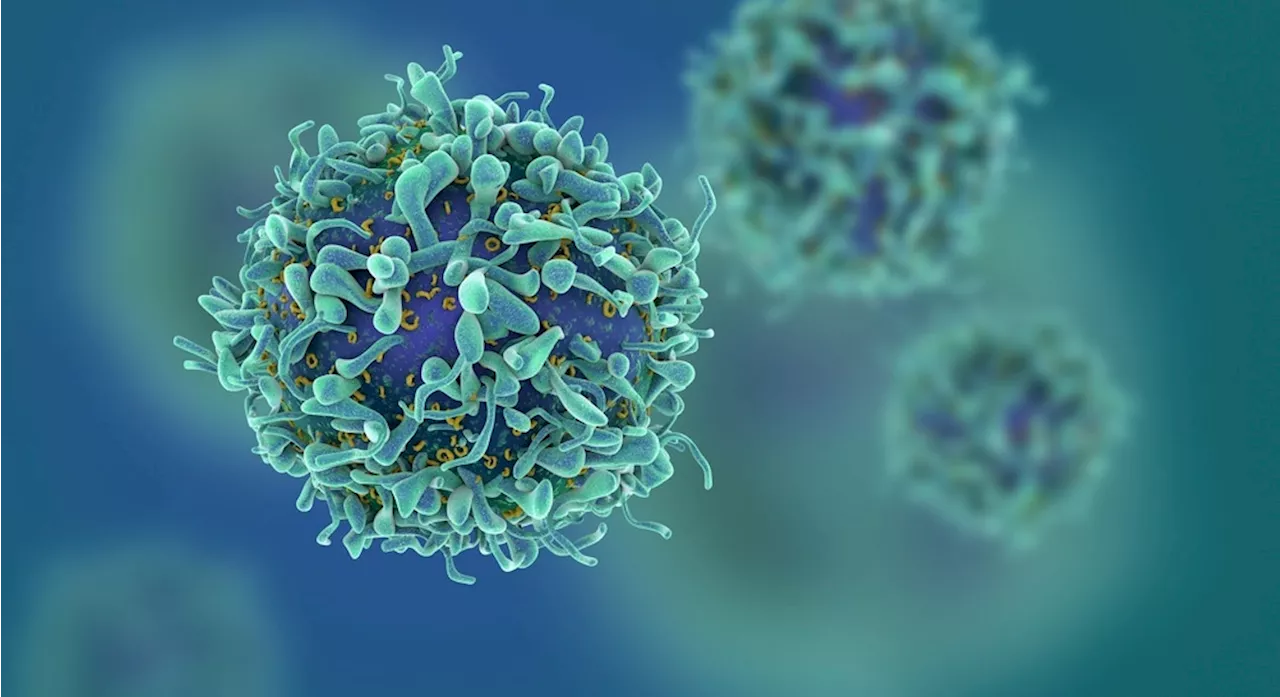 Regulatory T cells exist as large, mobile population that travels through body to repair damaged tissueResearchers investigated populations of regulatory T cells, a type of white blood cell, in various tissues.
Regulatory T cells exist as large, mobile population that travels through body to repair damaged tissueResearchers investigated populations of regulatory T cells, a type of white blood cell, in various tissues.
Read more »
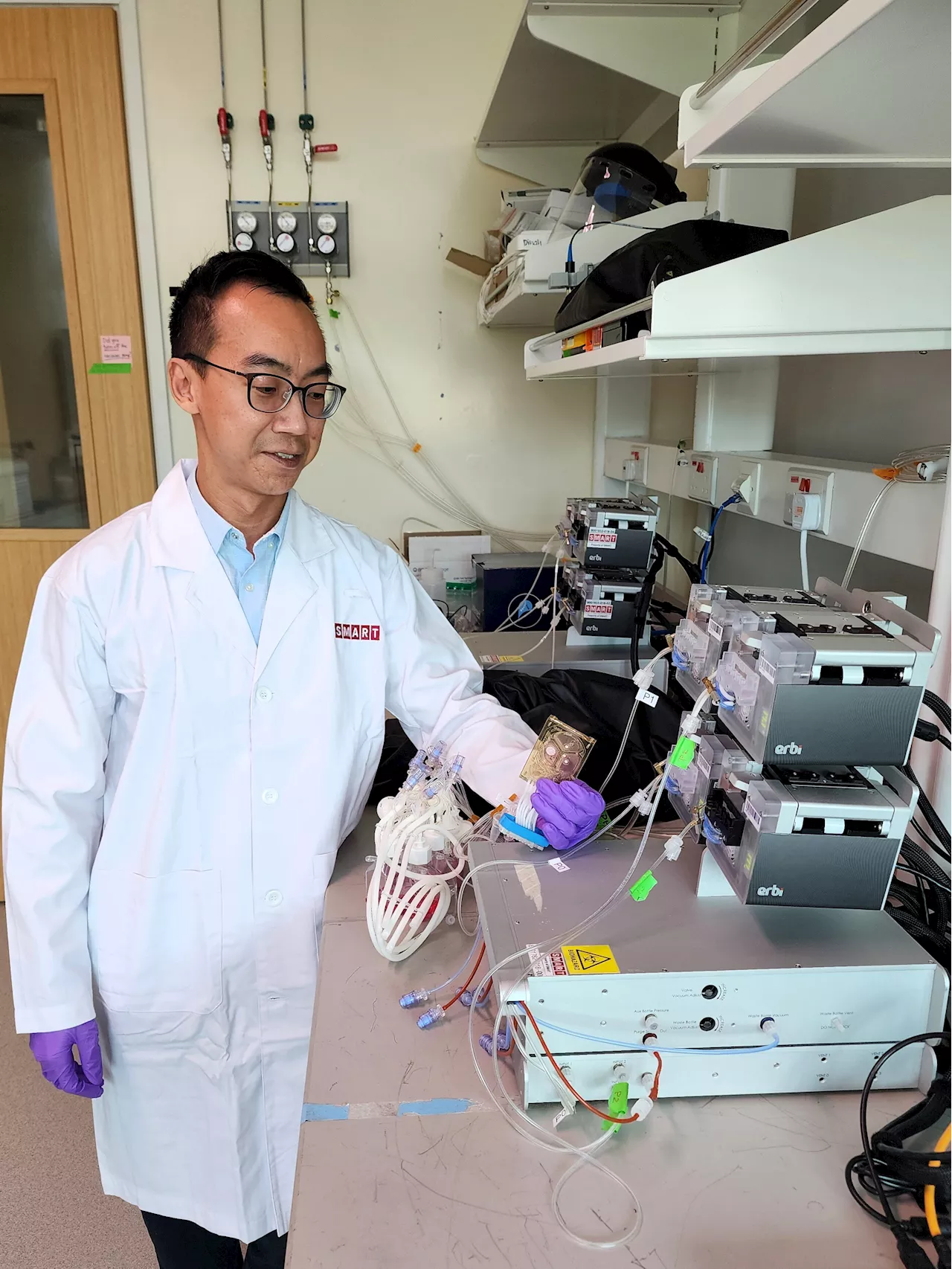 Researchers pioneer production of CAR T-cells using high-density microfluidic bioreactorResearchers have developed a novel method capable of producing clinical doses of viable autologous chimeric antigen receptor (CAR) T-cells in a ultra-small automated closed-system microfluidic chip, roughly the size of a pack of cards.
Researchers pioneer production of CAR T-cells using high-density microfluidic bioreactorResearchers have developed a novel method capable of producing clinical doses of viable autologous chimeric antigen receptor (CAR) T-cells in a ultra-small automated closed-system microfluidic chip, roughly the size of a pack of cards.
Read more »
